För ett bättre lokalt liv
Vi kopplar samman invånare med sina byggnader och lokal infrastruktur för att spara pengar och planeten.

Över 500 fastighetsägare
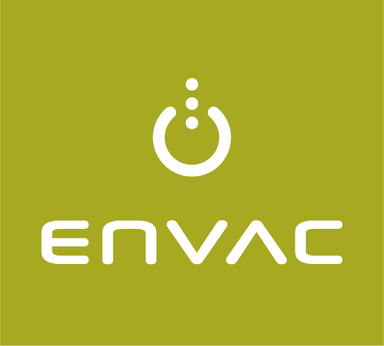




Problemet ingen pratar om
Fastighetsförvaltning är full av dolda ineffektiviteter som kostar pengar och skadar miljön.
av avfall felsorteras.
av fastigheter läcker energi.
onödig tung trafik runt fastigheten för basala tjänster som hade kunnat handlats upp gemensamt. Värst är det för många BRF:er som också betalar 3x vad grann-BRF:en betalar för samma tjänst.
Fyra tjänster — En plattform
Baserat på LocalLife-plattformen bygger vi digitala tjänster som kan göra skillnad — alla med målet att skapa ett bättre lokalt liv i stadsdelen, med ökad hållbarhet, transparens och kostnadseffektivitet.

Envac ReFlow
Sopsugens digitala infrastruktur och smarta mätare.
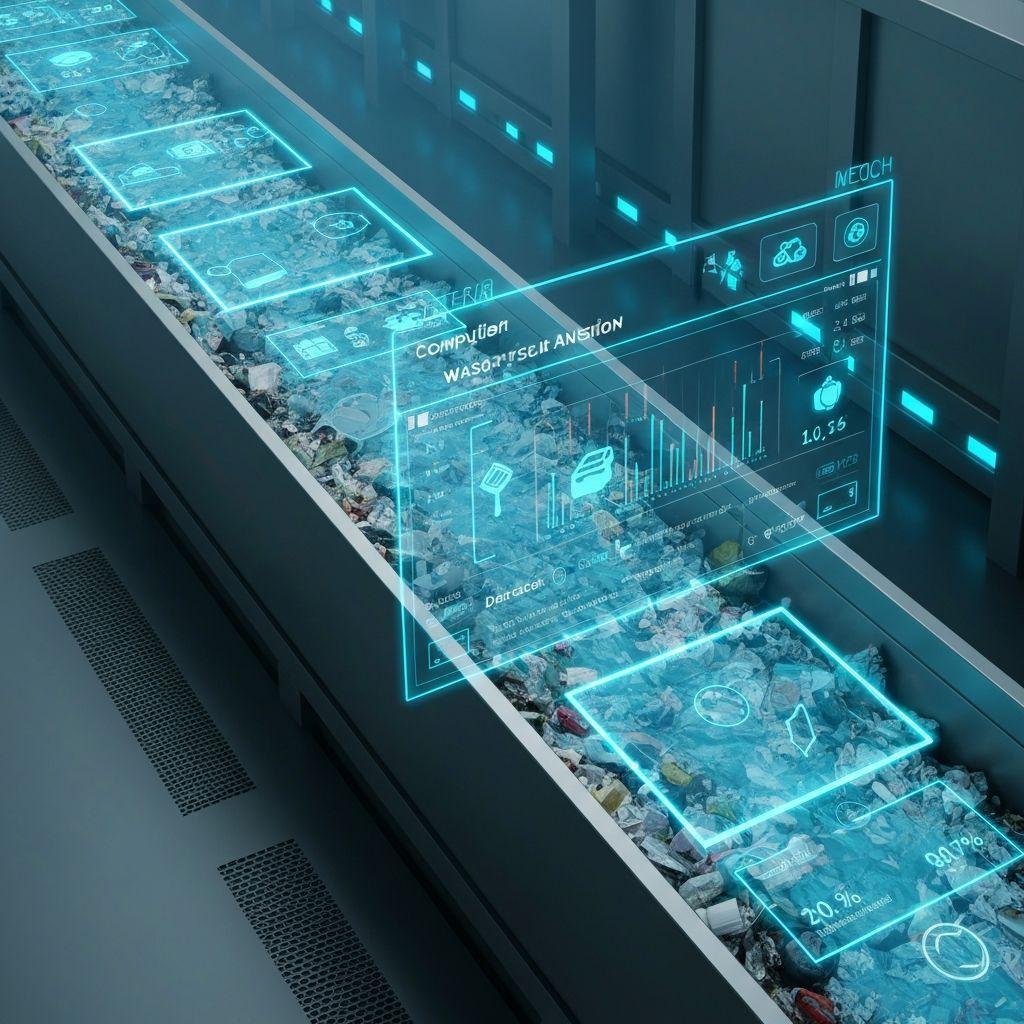
SortWyze
AI-driven visuell analys av avfallsströmmar. Upptäcker felsortering i realtid och genererar åtgärdsrapporter.
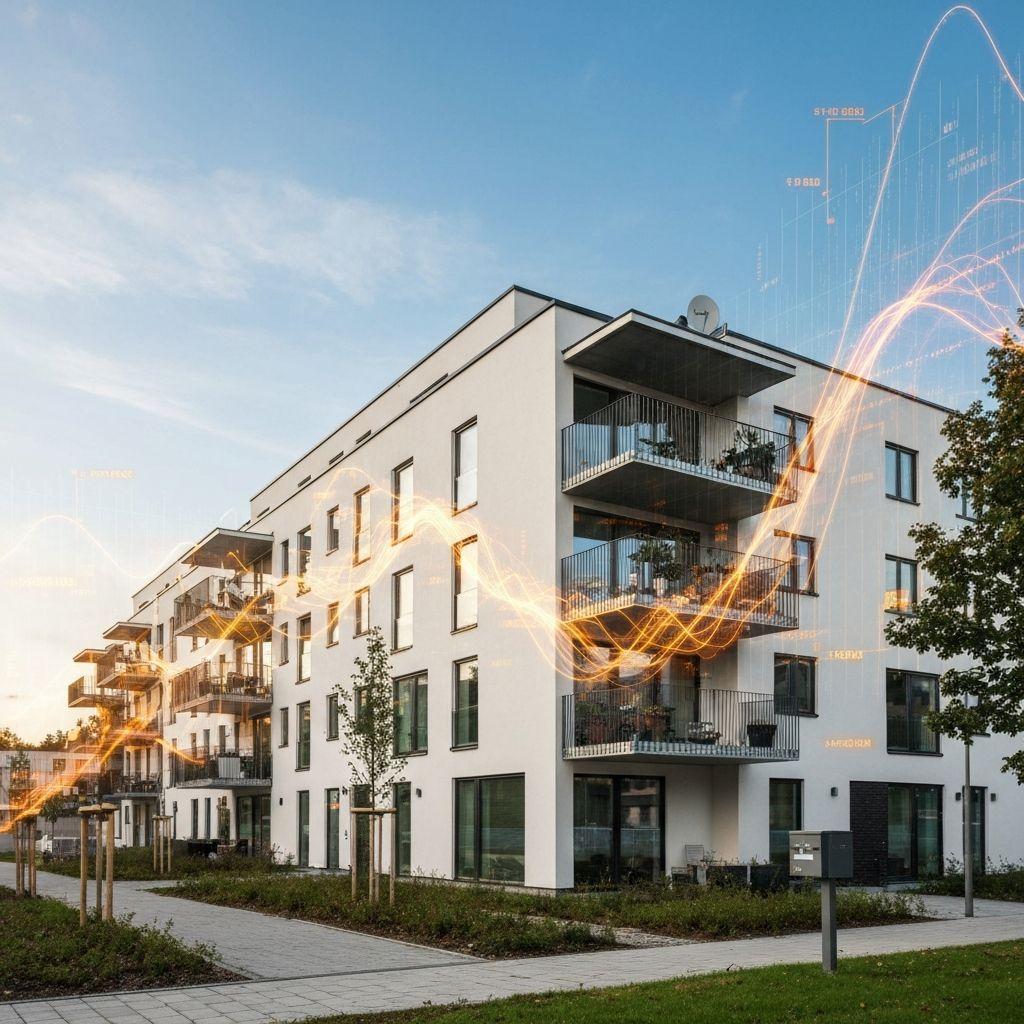
ElectriCITY-modellen
Verktyg för energikartläggning och benchmarking. Visar var din byggnad läcker pengar och hur du jämför dig med grannarna.

Klara BRF
En plattform för gemensam upphandling. Gå ihop med andra föreningar för bättre priser på allt från försäkring till renoveringar.
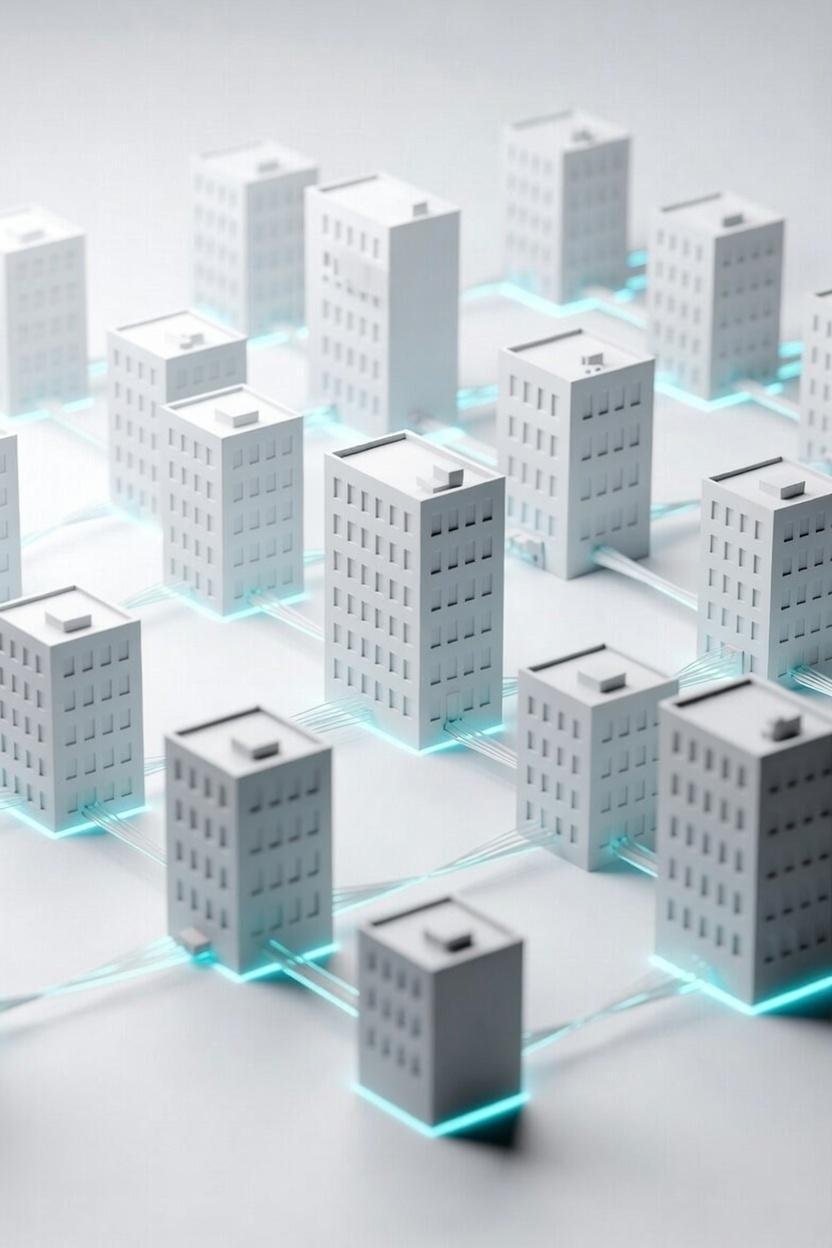
Gemensam upphandling: Styrka i antal
Vår upphandlingsplattform låter bostadsrättsföreningar samla sin köpkraft. Det betyder bättre priser, mindre administration och smartare beslut — backat av riktig data från tusentals BRF:er.
Gå med i nätverketBRF:er i Sverige
genomsnittlig besparing
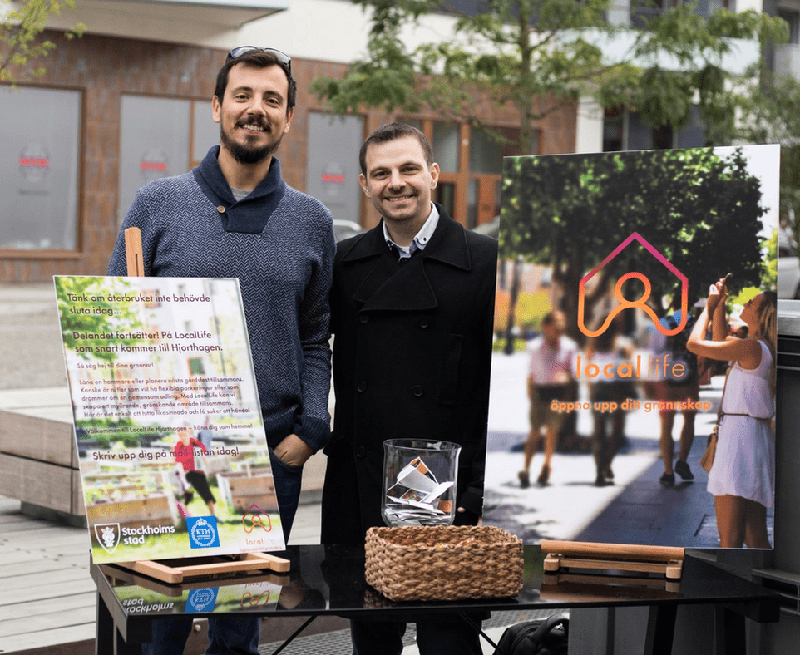
Byggt på forskning. Bevisat i praktiken.
LocalLife grundades av forskare vid KTH. Våra verktyg är grundade i beteendevetenskap — och testade med riktiga användare i riktiga byggnader.
Resultat som spelar roll
förbättrad plastsortering med ReFlow
effekttoppsreducering med ElectriCITY
användarnöjdhet över alla produkter
Genialt! Tack!
Redo att göra fastighetsförvaltning smartare?
Oavsett om du är kommun, bostadsbolag eller BRF-styrelse — vi visar gärna vad som är möjligt.